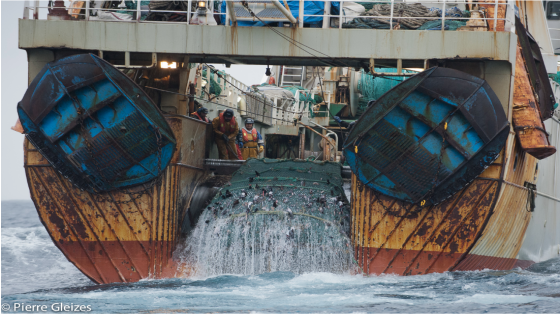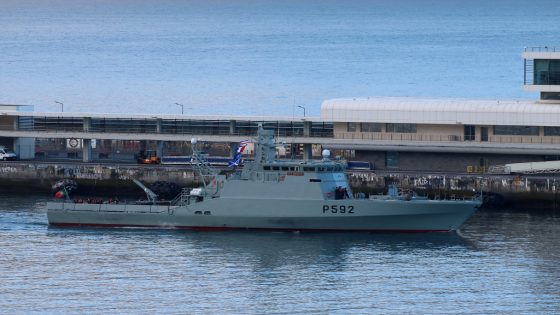A recent study has uncovered a shocking reality about illegal fishing practices in Portugal and beyond. On January 20, 2025, BLOOM revealed that over 400 cases of massive fraud have been committed by fishing vessels from Spain, Portugal, and France in protected marine areas. How can this happen in zones meant to safeguard fragile ecosystems?
- Over 400 cases of fishing fraud reported
- European regulations aim to protect ocean depths
- Significant illegal fishing in protected areas
- Major offenders identified among fishing vessels
- Environmental impact of deep-sea trawling severe
- States neglect enforcement of fishing regulations
Illegal Fishing Practices in Portugal Raise Environmental Concerns
Why are fishing vessels operating in protected areas? Despite regulations banning deep-sea fishing to protect vulnerable marine ecosystems, data shows a staggering amount of illegal activity. The findings indicate that approximately 3,500 hours of fishing occurred in areas where it is strictly prohibited. This raises serious questions about enforcement and accountability.
Impact of Illegal Fishing on Marine Ecosystems in Europe
The illegal activities of fishing vessels are alarming. These practices not only violate regulations but also endanger marine life. Here are some key points to consider:
- 306 boats were identified fishing in protected areas.
- 152 bottom trawlers operated in depths exceeding 800 meters.
- Three semi-industrial Portuguese trawlers accounted for over half of illegal fishing hours.
- The environmental damage from these practices is far greater than the fishing hours suggest.
Understanding the Scale of Illegal Fishing Activities
Illegal fishing is not just a minor issue; it is a widespread problem. The analysis revealed that 59 vessels are repeat offenders, with 33 trawlers responsible for 95% of illegal fishing hours in deep waters. This highlights a systemic failure to enforce regulations effectively.
The Role of Governments in Regulating Fishing Practices
Governments have a crucial role in monitoring and controlling fishing fleets. However, France, Spain, and Portugal have been criticized for turning a blind eye to these violations. This negligence threatens marine biodiversity and undermines conservation efforts.
The Environmental Consequences of Illegal Fishing
The environmental impact of illegal fishing is profound. The use of heavy trawling nets damages the ocean floor, disrupting habitats and threatening marine species. The consequences extend beyond local ecosystems, affecting global biodiversity and climate stability.

































